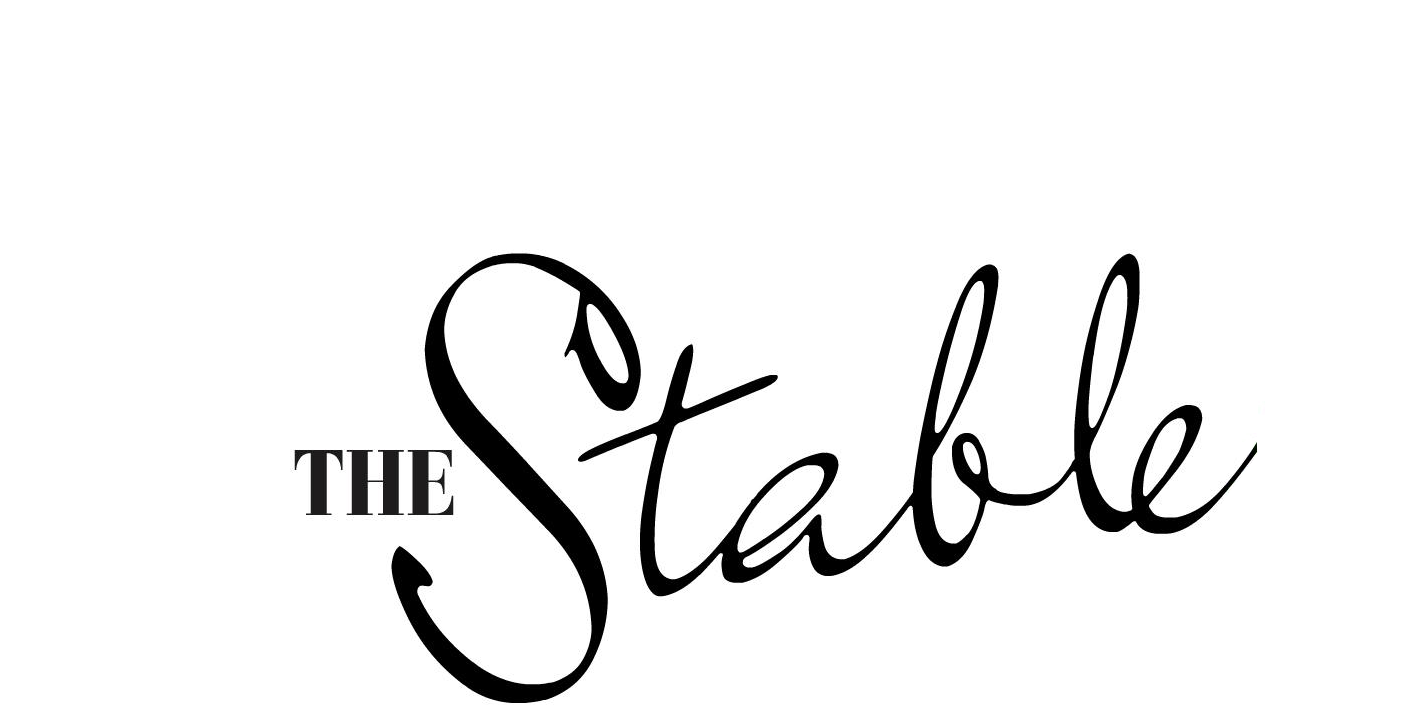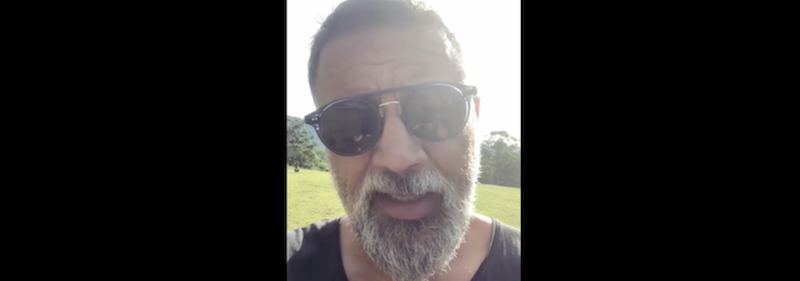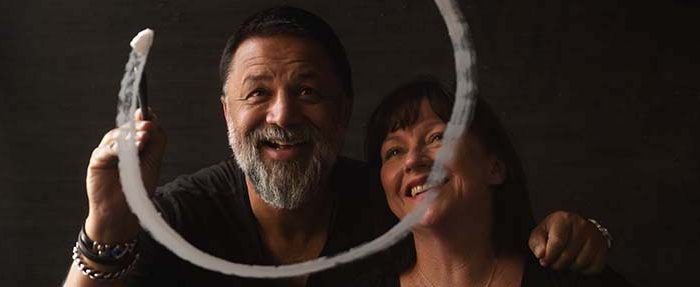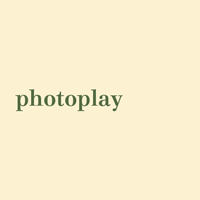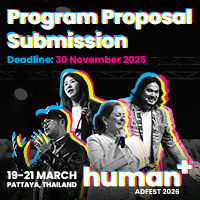It’s six months since Marcel Sydney launched with David Nobay’s Art Breaks on its reel, Tiger beer in its client roster and Nobby’s assertion, “the last thing we need is someone trying to do more of the same,” as its rallying cry. The agency has been a quiet achiever in its first six months, making little of the usual ad-noise but producing some kick-arse creative. The Stable thought it was time to look around the fledgling agency.
Marcel’s founder and creative chairman, David Nobay, chief executive officer, Gavin Levinsohn and executive creative director, Scott Huebscher, agreed to be our hosts.
The Stable: How hard is it to start an agency in the current environment? What have been Marcel’s major challenges and triumphs?
David Nobay: It’s fairly public record that 2015 was a pretty rough year for all of us who had come through the experience of Droga5 Sydney. Some would say, walking out of that drama and straight into launching a new creative agency in the same town was madness (and in the first few months of 2016, I may well have agreed with them!). What saved me personally, and helped create the momentum we needed in those first months was a couple of real gifts that I’m eternally grateful for: firstly, I inherited some genuinely brilliant senior people, most notably our CEO Gavin [Levinsohn], our strategic director, Iona [Macgregor], and Ryan [Bernal], our Business Director. I also lucked out with the early hiring of Scott [Huebscher], our ECD, who quickly proved his smarts by bringing in some fantastic, fresh, creative talent; most recently Wes Hawes, his deputy. The second was a rare gift (in this industry) of loyalty from a bunch of special people; from the client side, Mie Leng Wong, the global brand director of Tiger Beer, who hung in there with me, even before I knew I had a home to go to. And also some brave and crazy former Droga5 staffers, like Holly Alexander, our head of content, who stayed with me through the move and has been a massive asset to our growing reel ever since.
TS: Air-Ink has already won some major awards. If you were judging it at Cannes, what would you say about it?
David Nobay: Firstly, I have to confess I am probably judging it at Cannes on the Outdoor Jury this year, assuming it makes it through the early rounds. At which point I’ll be abstaining. At D&AD, where I was also judging and it picked up two Pencils, I was told to simply “leave the room” every time it was mentioned (which was a useful opportunity to get a few puffs in on my cigar outside). It’s always been an ambitious idea. It’s certainly not the kind of idea you develop if you want a simple life. From working alongside a scientist in Bangalore, to coordinating a client in Singapore and an agency in Sydney, to activating a platform with a myriad of incredible and unique artists spread from Chicago to London to Hong Kong to Germany – it would be fair to say the whole team has proved their belief in the power of Air-Ink as a long-term platform that can have a genuine impact on air pollution in our cities. For me, that’s its most impressive attribute as an idea – stamina. Too many ideas that claim to affect change are ultimately a cynical, short term stab at an award and ultimately disposable. Air-Ink is very much part of Tiger’s culture already and that of its parent, Heineken.
TS: Marcel Aus has produced a wide range of campaigns for Tiger Beer in several countries. Which ones mean the most to you? Which have been the most successful?
Scott Huebscher: The Tiger campaign that I’m the most proud of is Air-Ink. It was an immense undertaking for us as an agency – and Tiger. We are a small team here at Marcel, but somehow we created a brand from scratch and turned it into a global product that artists around the world were asking for by name. We coordinated the production of the ink in cities around the world and documented its process in our films. We shot film in Hong Kong, Bangalore, Chicago, NYC and London. We had outdoor locations and activations in cities all around the world, getting amazing press coverage from organizations like CNN, The Guardian, Greenpeace and Fast Company. And at the end of the campaign, we trademarked the Air-Ink name – and then quite literally gave the brand to Graviky Labs, the guys who were responsible for actually turning diesel exhaust fumes into ink. With our branding and their technology, they ran a Kickstarter page and received full funding in just 3 days. The project brought together so many different people, talent, skills and disciplines. It was important for the agency, because it proved to Tiger – and ourselves – that a small agency in Sydney can run a global campaign for a global client based in Singapore.
Marcel Sydney: Tiger Beer repurposes air pollution to make ink
TS: What are Tiger Beer’s challenges and advantages? How is Marcel’s advertising solving these?
Scott Huebscher: One of the challenges that Tiger faced in New York was a misconception about what “made-in-Asia” really means. Tiger proudly celebrates the vibrant creative scene you can discover throughout Asian cities today, but if you travel to Canal Street in New York City’s Chinatown, you will find just the opposite: dollar shops selling cheap stereotypical Asian trinkets… waving cats, paper lanterns, finger traps, stuffed dragons, etc. So, we tackled those stereotypes about Asia head on – and actually embraced them in our campaign to make our point. We converted a dollar shop into a pop-up store in Canal Street and filled it with one-of-a-kind art from artists all over Asia; painters, sculptors, bag makers, calligraphers, fashion designers and more. All you had to do to get one of these unique items, was get a Tiger beer coaster from one of New York’s local bars. It was a simple mechanic, and people loved it. In fact, it became so popular that the idea quickly spread on social media and we had a queue for 12 hours just to get in.
TS: Can Air-Ink become a mainstream product?
Gavin Levinsohn: Tiger has given the Air-Ink brand to Graviky Labs, our partners in the campaign, and who are now in the process of making it a mainstream product.
TS: The OPSM campaign was a radical departure for the brand. Shouldn’t all advertising be brave when facing tough conditions or needing to solve a problem?
Gavin Levinsohn: Yes. We have saying, a mile in the boardroom, is a millimetre out in the world. A pithy way of saying that marketing decisions that seem risqué or even brave in the safe confines of the boardroom, once diluted by consumer apathy, competitive clutter and the general day to day mania, are likely far less impactful than we may think. The antidote to that is make very big decisions, big moves. Paint with a thick brush. And this is how to behave most days. When one is facing tough trading conditions or has an urgent problem to solve, that only amplifies the need for big bold moves.
TS: Where did the idea for The Extendables come from?
Marcel & Four Seasons Condoms restore mums’ and dads’ sex lives
Gavin Levinsohn: The idea was initiated by Marcel Paris. We worked with them to bring it to life and shape it. It is a true collaboration. We certainly have some involvement with Marcel Paris. They have been proud supporters since our inception and we’ve worked with them on some pitches and projects. Nobby, Iona, Scott and I have built strong relationships with our counterparts in Paris. Sudeep Gohil is launching Marcel Mumbai and that has already created another ‘meridian’. That said, Marcel will likely strengthen as a creative network which is good for all of us.
l-r: Ryan Bernal, Kim Hopwood, Holly Alexander, Iona Macgregor (seated), David Nobay, Gavin Levinsohn (seated), Scott Huebscher.

